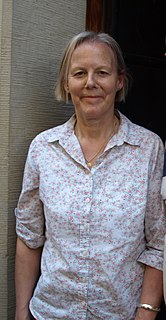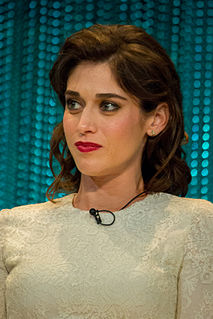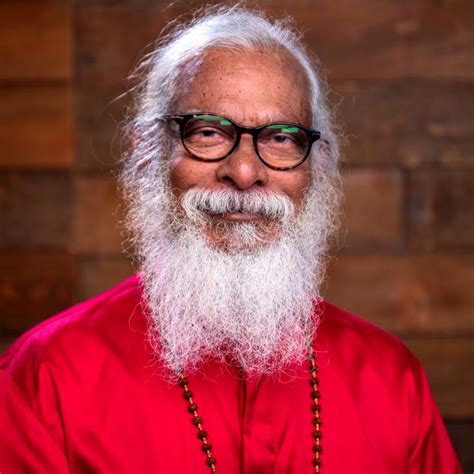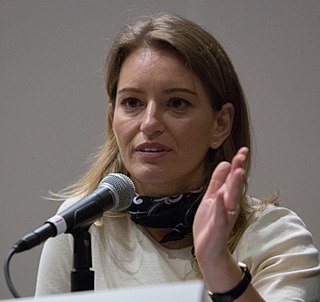A Quote by Ray Dalio
To have an idea meritocracy, one needs to do three things. First, they have to put their honest thoughts on the table, for everyone to look at and everyone to work through. Second, they need to have thoughtful disagreement, by which there are quality exchanges, in which there's open mindedness and the realization that no one has all the right answers. And you can work through that and get to better answers because good collective decision making is better than any individual decision making. And third, you have to have ways of getting past the disagreements if they remain.
Quote Topics
Answers
Any
Because
Better
Collective
Decision
Decision Making
Disagreement
Disagreements
Everyone
Exchanges
First
Get
Getting
Good
Honest
Idea
Individual
Look
Making
Meritocracy
Need
Needs
Open
Open Mind
Open Minded
Open Mindedness
Past
Put
Quality
Realization
Remain
Right
Right Answer
Right Answers
Second
Table
Than
Things
Third
Thoughtful
Thoughts
Three
Three Things
Through
Ways
Which
Work
Related Quotes
Any individual decisions can be badly thought through, and yet be successful, or exceedingly well thought through, but be unsuccessful, because the recognized possibility of failure in fact occurs. But over time, more thoughtful decision-making will lead to better overall results, and more thoughtful decision-making can be encouraged by evaluating decisions on how well they were made rather than on outcome.
In order to get past disagreements, you just can't have one person with power decide. In other words, so just because I'm a boss, it would be terrible if I then said, "Okay, we're gonna go do this." That's why, after that thoughtful disagreement, there has to be a process of an idea meritocracy. That means okay, now you have to vote, not that the decision resides with power. And then you vote and move beyond it.
In management terms, directing opera certainly prepares you for a film set: the magnitude of it, the experts in other fields that you have to call on. Both are massive ensemble jobs in which there's incredible pressure to get things done on time and on budget - so much so that making the wrong decision may be better than making no decision at all.
One of the coolest things about being an actor is growing, and changing with everything, and never making the same decision twice because you've learned so much from the last project. I guess that's like in life. You keep moving through, and you hopefully learn from your mistakes and just get better and better all the time.
I've learned that you can tell a lot about a person by the way he/she handles these three things: a rainy day, lost luggage and tangled Christmas tree lights. I've learned that making a 'living' is not the same thing as 'making a life'. I've learned that whenever I decide something with an open heart, I usually make the right decision. I've learned that you shouldn't go through life with a catcher's mitt on both hands; you need to be able to throw some things back.
When you're just starting out in the TV business, you don't know anything at all, and you think you're doing a better job than everyone else around you, and you just sort of presume that you're not getting the credit you deserve. And then when you start to get better, the pressure is extraordinary, and then you start to second-guess everything you do, and when people start looking to you for answers, for insight and for analysis and guidance, you start to wonder if you are the right person - even when you have all the information.
Make this decision today. Will you be a good and honest writer, or would you rather be famous, loved, noticed? Tell me, because there are different paths for these two divergent goals. The decision to be a true artist is lonelier and slower, but it will lead to better work and, I think, a better life. Very rarely you will be a good and honest writer and also know a little comfort and some attention and the well wishes of a crowd. This is very rare.

































